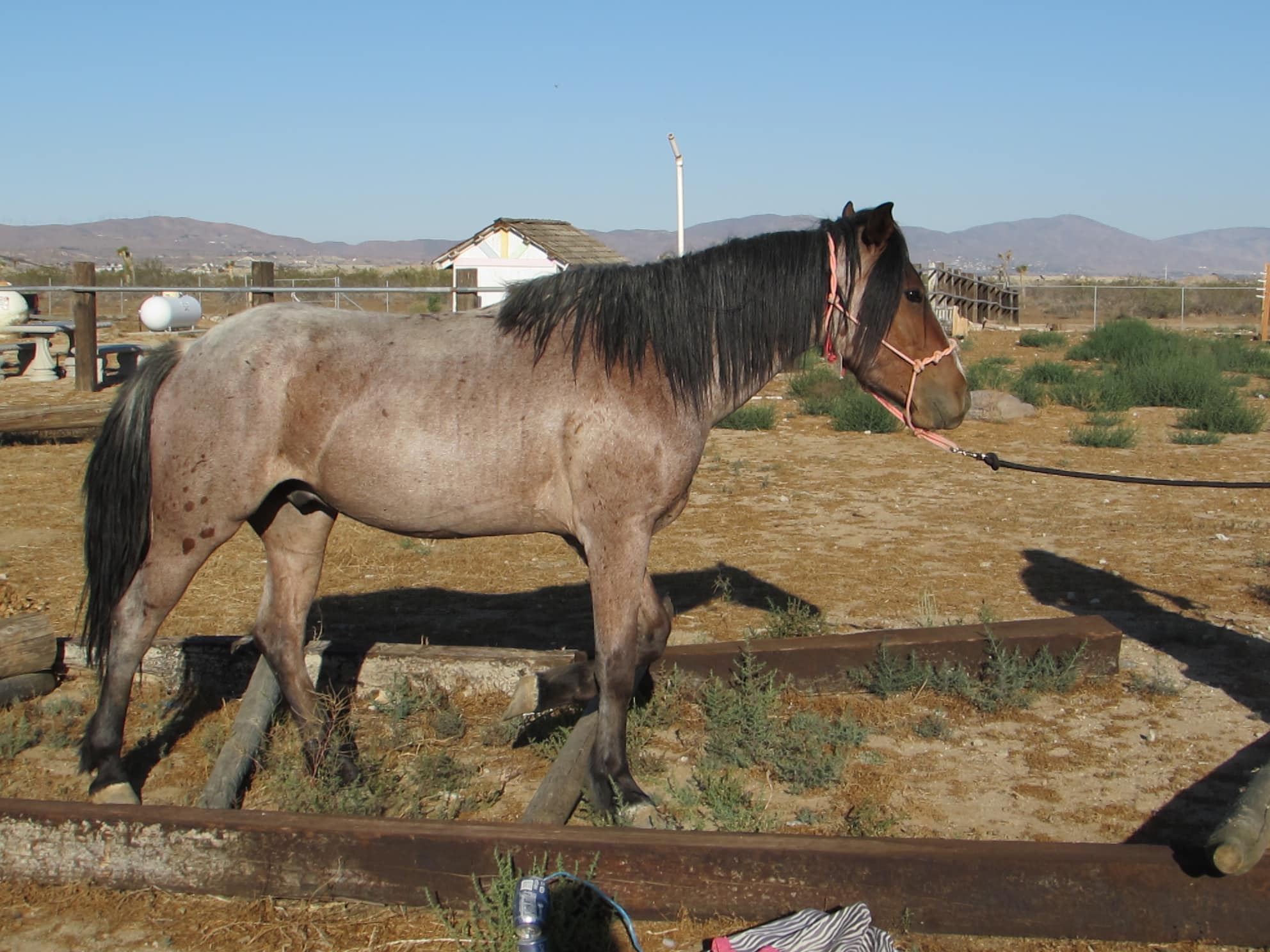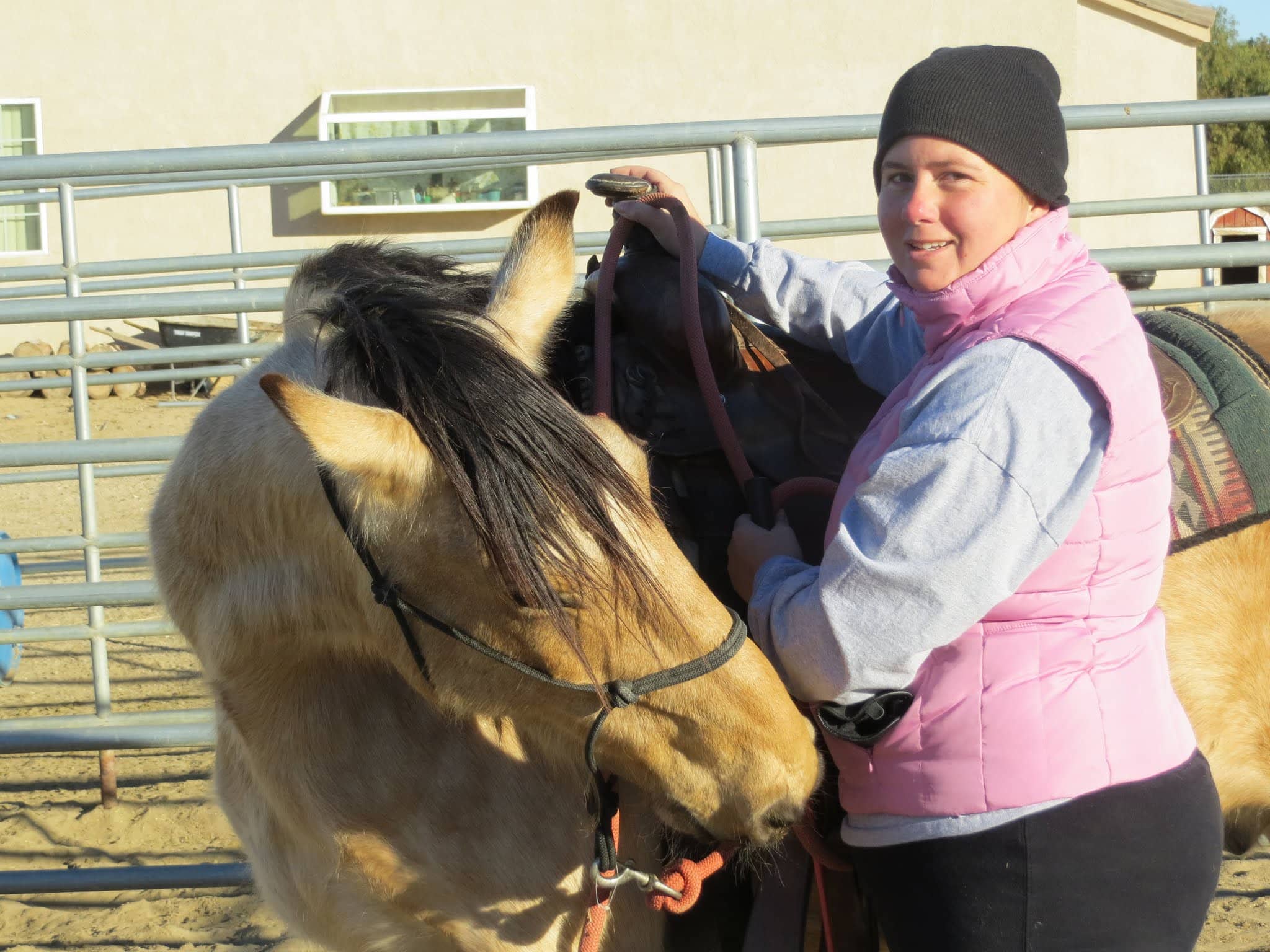What Is A Female Horse Called? Discover The Fascinating World Of Equine Terminology
Have you ever wondered what a female horse is called? Well, buckle up because we’re diving deep into the world of equine terminology, where every horse has a name that tells its own story. Whether you’re a seasoned equestrian or just someone curious about the majestic animals, this article will give you all the answers you need. From the basics to the not-so-basic, let’s unravel the mystery behind the names of female horses.
Let’s face it—horses are more than just beautiful creatures; they’re symbols of strength, grace, and freedom. And when it comes to the ladies of the equine world, they deserve their own special recognition. Knowing what a female horse is called isn’t just about expanding your vocabulary; it’s about appreciating the rich history and culture surrounding these magnificent animals.
But why stop at just one name? Female horses have different titles depending on their age, role, and even their breeding status. So, whether you’re looking to impress your friends with some horse trivia or simply want to learn something new, this article has got you covered. Let’s saddle up and explore the fascinating world of female horse terminology!
- Dwayne Johnson Biography Movie The Rocks Journey From Wrestling To Hollywood Stardom
- Jackerman Video The Ultimate Guide To Mastering The Viral Sensation
Why Knowing What a Female Horse is Called Matters
Understanding horse terminology isn’t just for horse enthusiasts. It’s a window into the world of equine science, culture, and tradition. For instance, did you know that the term "mare" isn’t just a random word but carries centuries of significance in the horse community? Yep, it’s not just about naming conventions—it’s about respect and recognition of the role these animals play in our lives.
What Makes Female Horses Unique?
Female horses, or mares, bring a unique set of qualities to the table. They’re often known for their calm demeanor, leadership skills, and nurturing nature. In fact, many trainers and riders prefer working with mares because of their intelligence and ability to form strong bonds with humans. So, if you’ve ever thought that all horses are the same, think again!
Historical Significance of Female Horses
Throughout history, mares have played crucial roles in agriculture, transportation, and even warfare. Their strength and endurance made them invaluable assets to human societies. In ancient civilizations, mares were often revered as symbols of fertility and power. Even today, the term "mare" is used with respect and admiration in the horse world.
- Melina Goranssen The Rising Star Taking The World By Storm
- Kenny Smith Allstar The Journey Achievements And Legacy
Breaking Down the Terminology: What is a Female Horse Called?
Now, let’s get down to business. The most common term for a female horse is "mare." But here’s the kicker—depending on the horse’s age and role, there are other names you should know. For example:
- Filly: A young female horse, typically under the age of four.
- Mare: An adult female horse, usually four years or older.
- Broodmare: A mare specifically used for breeding purposes.
- Dam: The mother of a foal.
See? It’s not as simple as just calling them all "mares." Each term has its own significance and context, which adds depth to the equine vocabulary.
How Age Affects the Name of a Female Horse
Age plays a big role in determining what a female horse is called. For instance, a filly is a young female horse, typically under four years old. As she matures, she transitions into being called a mare. But wait, there’s more! If she becomes a mother, she earns the title of dam. And if she’s used for breeding, she’s referred to as a broodmare. Confused yet? Don’t worry, we’ll break it down further.
The Life Cycle of a Female Horse
Let’s take a quick look at the life cycle of a female horse:
- Birth: When a female horse is born, she’s called a filly foal.
- Adolescence: As she grows older, she remains a filly until she reaches maturity.
- Adulthood: Once she’s four years or older, she’s officially a mare.
- Breeding: If she becomes a mother, she’s known as a dam. If she’s specifically bred, she’s called a broodmare.
Each stage of a female horse’s life comes with its own set of responsibilities and titles. It’s like a rite of passage in the equine world!
The Role of Female Horses in the Equine Industry
In the world of horse racing, breeding, and sports, female horses play a crucial role. Mares are often chosen for their temperament, speed, and breeding potential. In fact, many champion racehorses are mares, proving that they’re just as capable as their male counterparts. But beyond the racetrack, mares are also valued for their ability to bond with humans and provide companionship.
Female Horses in Racing
When it comes to racing, mares have proven time and again that they can hold their own against stallions. Some of the most famous racehorses in history have been mares, including Zenyatta, who won 19 consecutive races. These incredible athletes showcase the power and grace of female horses on the global stage.
Breeding and the Importance of Broodmares
Broodmares are the backbone of the equine breeding industry. Their genetic contribution is invaluable, and many breeders go to great lengths to ensure that their broodmares produce the best possible offspring. From thoroughbreds to quarter horses, the quality of a broodmare directly impacts the future generations of horses.
Common Misconceptions About Female Horses
There are plenty of myths and misconceptions surrounding female horses. Some people believe that mares are harder to train or less reliable than stallions, but that couldn’t be further from the truth. In reality, mares are often praised for their intelligence, focus, and willingness to work. So, the next time someone tells you that mares are "difficult," you can set them straight with some facts!
Are Mares More Difficult to Train?
Not at all! In fact, many trainers prefer working with mares because of their calm and focused nature. While it’s true that some mares can be more independent or assertive, this is often seen as a positive trait in the equine world. Plus, mares tend to form strong bonds with their handlers, making them ideal partners for both amateur and professional riders.
Do Mares Get Along with Other Horses?
Absolutely! Mares are known for their social skills and ability to form strong bonds with other horses. In fact, many horse herds are led by a dominant mare, who guides the group and makes decisions for the safety of the herd. So, if you’re thinking about adding a mare to your stable, rest assured that she’ll fit right in!
Fun Facts About Female Horses
Who says learning about horses has to be boring? Here are some fun facts about female horses that you might not know:
- Mares can live up to 25-30 years, depending on their breed and lifestyle.
- They have a gestation period of about 11 months, which is longer than most mammals.
- Some mares are known to "talk" to their foals using soft nickering sounds.
- Female horses have been domesticated for over 5,000 years, making them one of the oldest domesticated animals.
Isn’t it amazing how much there is to learn about these incredible creatures? From their social behaviors to their physical capabilities, mares continue to fascinate and inspire people all over the world.
How to Care for a Female Horse
Whether you’re a first-time horse owner or a seasoned equestrian, caring for a female horse requires attention to detail and a deep understanding of her needs. From nutrition to exercise, there are several factors to consider when it comes to keeping your mare healthy and happy.
Nutritional Needs of Mares
Mares have specific dietary requirements, especially if they’re pregnant or nursing. A balanced diet rich in hay, grains, and essential vitamins and minerals is crucial for maintaining their health. Additionally, broodmares require extra care during pregnancy to ensure that both mother and foal remain strong and healthy.
Exercise and Mental Stimulation
Just like humans, horses need regular exercise to stay fit and healthy. Mares, in particular, benefit from a mix of structured workouts and free time in the pasture. Mental stimulation is also important, so consider incorporating toys or puzzles into their daily routine to keep them engaged and entertained.
Where to Learn More About Female Horses
If you’re eager to dive deeper into the world of female horses, there are plenty of resources available. From books and online courses to local horse clubs and events, the opportunities to learn are endless. Plus, connecting with other horse enthusiasts can be a great way to share knowledge and experiences.
Recommended Reading
Here are a few books that can help you expand your understanding of female horses:
- The Horse: The Epic History of Our Noble Companion by Wendy Williams
- The Anatomy of the Horse by Susan E. Harris
- Understanding the Female Horse by Dr. Sarah Jane Hobbs
Each of these books offers valuable insights into the world of equine science and history, making them perfect reads for anyone interested in learning more about female horses.
Conclusion: Celebrating the Beauty of Female Horses
So, there you have it—the fascinating world of female horse terminology, history, and care. Whether you’re a lifelong horse lover or just starting to explore the equine world, knowing what a female horse is called is just the beginning. From mares to fillies, broodmares to dams, each title tells a story of strength, grace, and resilience.
Now that you’ve learned so much about female horses, it’s time to take action! Share this article with your friends, leave a comment below, or check out some of our other articles on equine topics. Together, we can celebrate the beauty and power of these incredible animals. Until next time, keep riding high!
Table of Contents
- Why Knowing What a Female Horse is Called Matters
- Breaking Down the Terminology: What is a Female Horse Called?
- How Age Affects the Name of a Female Horse
- The Role of Female Horses in the Equine Industry
- Common Misconceptions About Female Horses
- Fun Facts About Female Horses
- How to Care for a Female Horse
- Where to Learn More About Female Horses
- Conclusion: Celebrating the Beauty of Female Horses
- Did Dwayne Johnson Die Debunking The Rumors And Celebrating The Rock
- Mr Bean Net Worth The Hidden Fortune Behind The Silly Face

What is a Female Horse Called? Horse Genders Simplified Helpful Horse

What is a Female Horse Called? Uncover the Mystery of Equine Terminology!

What is a Female Horse Called? Horse Genders Simplified Helpful Horse